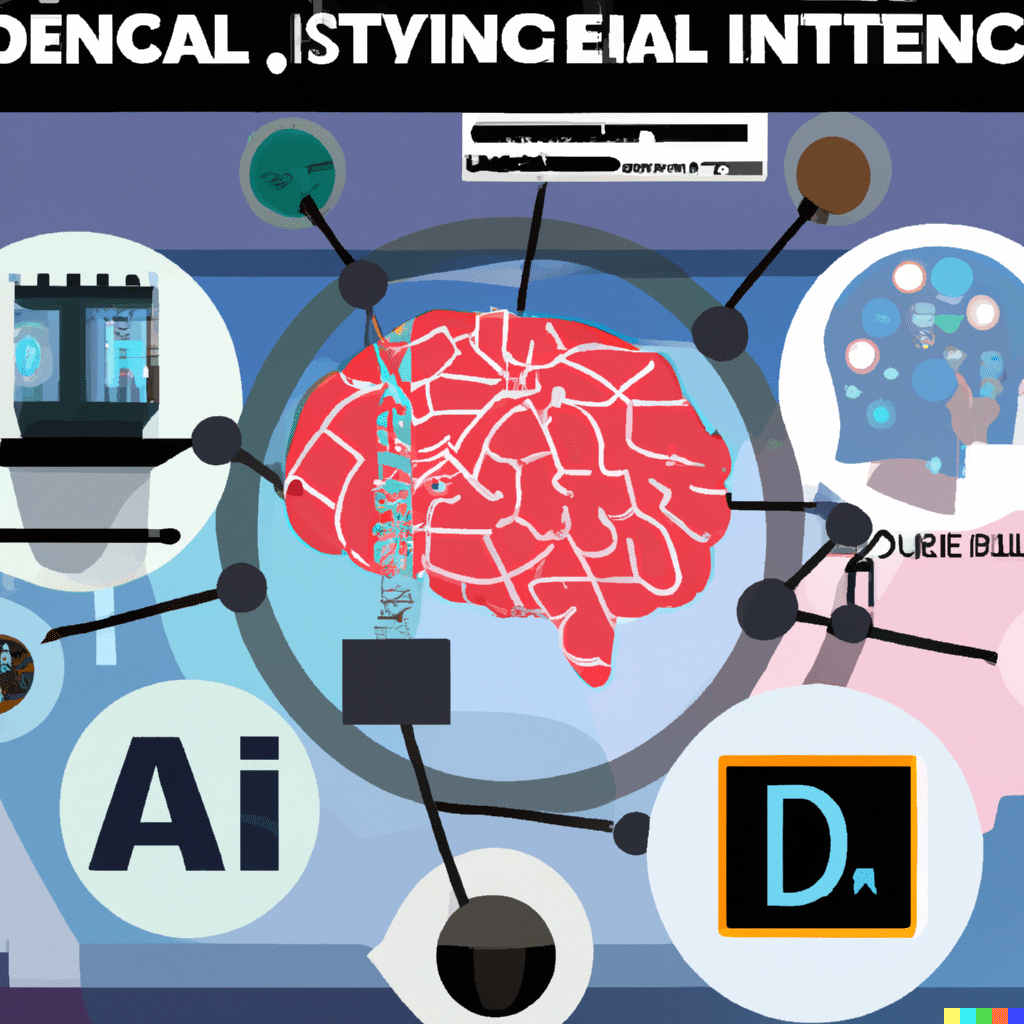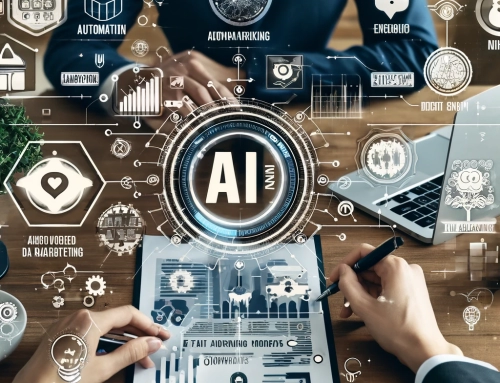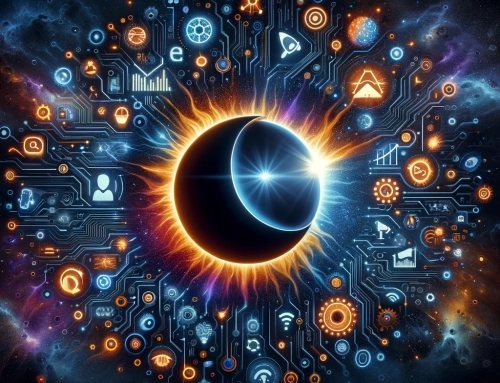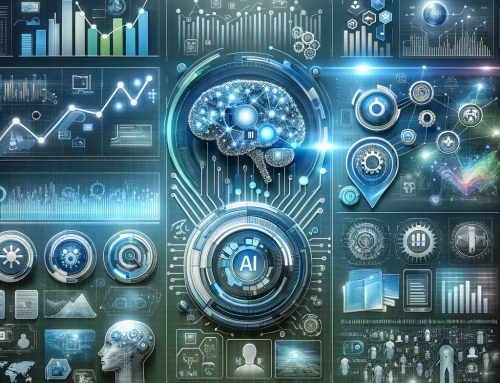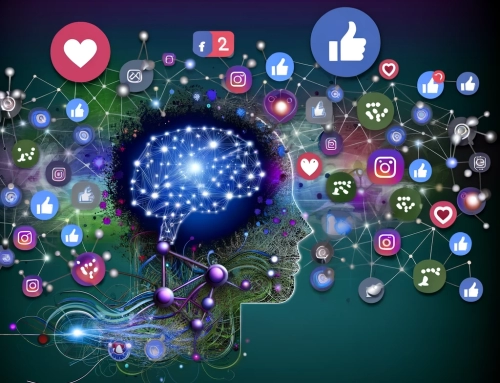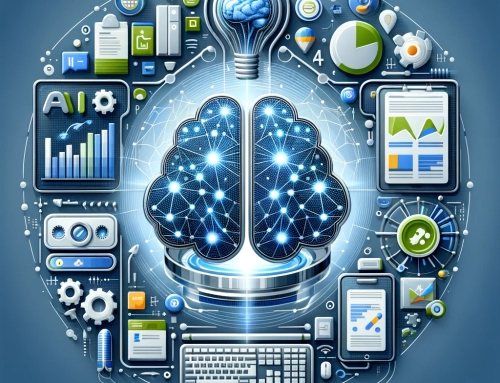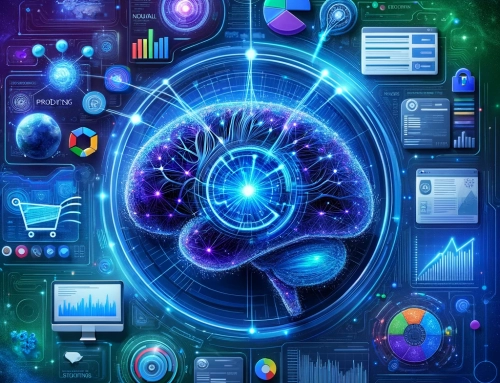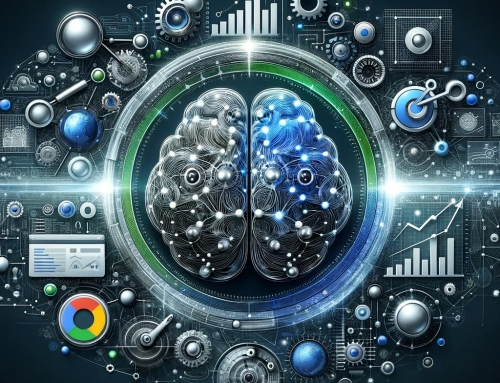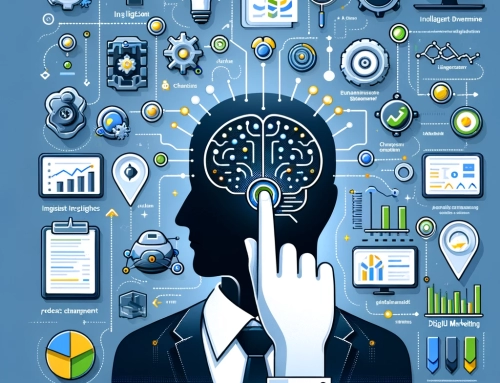In 2023, digital marketing will be heavily influenced by Artificial Intelligence and automation, with an emphasis on personalization and targeted audience reach. Consumers will expect consistency across all touchpoints, leading to renewed focus on attribution models. And first-party data will become more valuable as the industry shifts towards a cookieless environment.
Machine learning & automation
- Artificial Intelligence and Machine Learning will increasingly be used to optimize marketing strategies and solve complex marketing problems.
- Marketing automation will play a larger role to automate mundane tasks, such as email campaigns and paid ads, in order to improve return on investment.
Predictive analytics & personalization
- Marketers will search out new signals and draw on deeper insights to get to know customers better.
- AI tools will increasingly provide valuable insights into customer behavior and personalization to reach the right customer with the right message at the right time.
- GA4 already uses AI, machine learning, predictive analytics and modeling.
First-party data & Privacy
- Consumers have become more aware of the value of their personal data.
- Regulators have introduced stricter data privacy, leading to new restrictions on how advertisers can deliver and track ads.
- A cookieless future means marketers will have to increasingly rely on first-party data, likely to become the most valuable source of information in 2023.
Omnichannel experience & attribution models
- Consumers use multiple devices all at once and expect a consistent and unified experience across all touchpoints.
- Renewed focus on Attribution Models is essential to drive seamless online buying journeys.
Paid Search & programmatic advertising
- Predictive analytics is increasingly used to understand customer behavior, predict the best way to reach them, and inform programmatic campaigns.
- Automation will continue to streamline the buying process, for more efficient and effective campaigns.
- Google Ads already uses machine learning and automated rules to optimize ad campaigns, and personalize ads to specific audiences.
Social media & influencer marketing
- Social media platforms will remain popular as they provide a direct line of communication with consumers.
- Influencer marketing will continue to grow as consumers trust recommendations from peers more than advertising.
- Brands will continue to explore new ways to reach consumers, through trusted communities and niche forums.
- Facebook, Twitter, and LinkedIn use AI to analyze user behavior and recommend content.
Content generation & short form video
- AI is expected to greatly enhance the generation of content, including personalized creative assets for ad campaigns.
- AI-generated content, such as ChatGPT and VALL-E, will become more central to content marketing.
- Short form video content will become a key ad format to engage audiences and increase brand awareness.
Voice assistants & chatbots
- The growing use of voice assistants and smart speakers such as Amazon Echo and Google Home is changing the way marketers target audiences and create content.
- Chatbots are becoming more prevalent on websites to improve customer service, collect data and support paid search and lead generation campaigns.
In conclusion, digital marketing in 2023 is expected to be heavily influenced by emerging technologies like AI, automation, predictive analytics, and personalization. Consumers will demand consistency across all touchpoints and marketers will have to rely on first-party data and attribution models.

